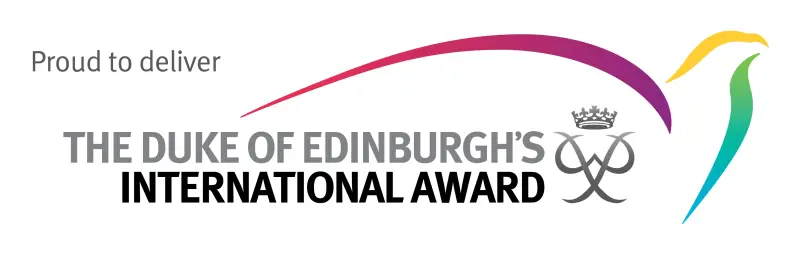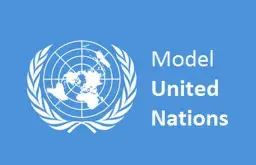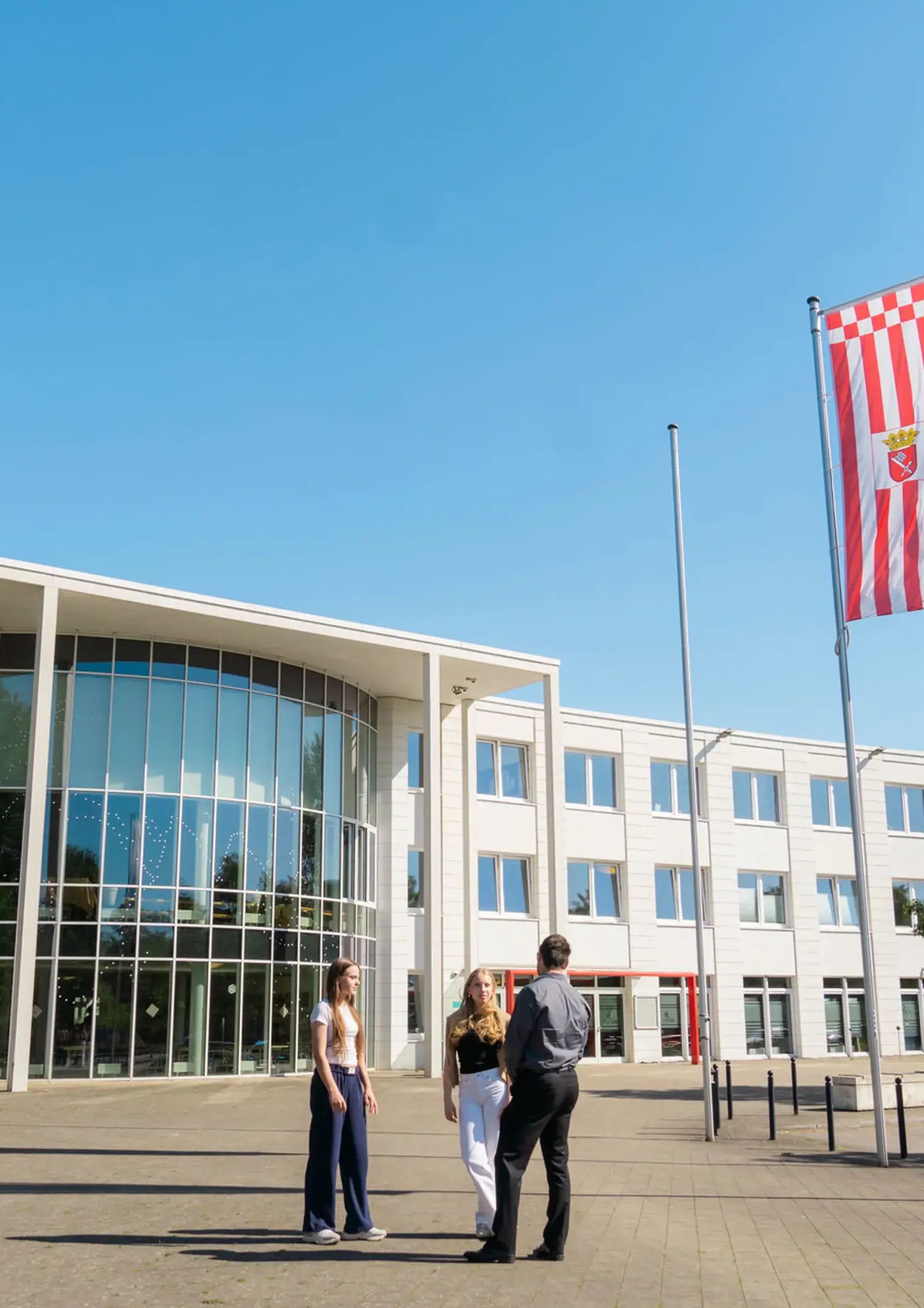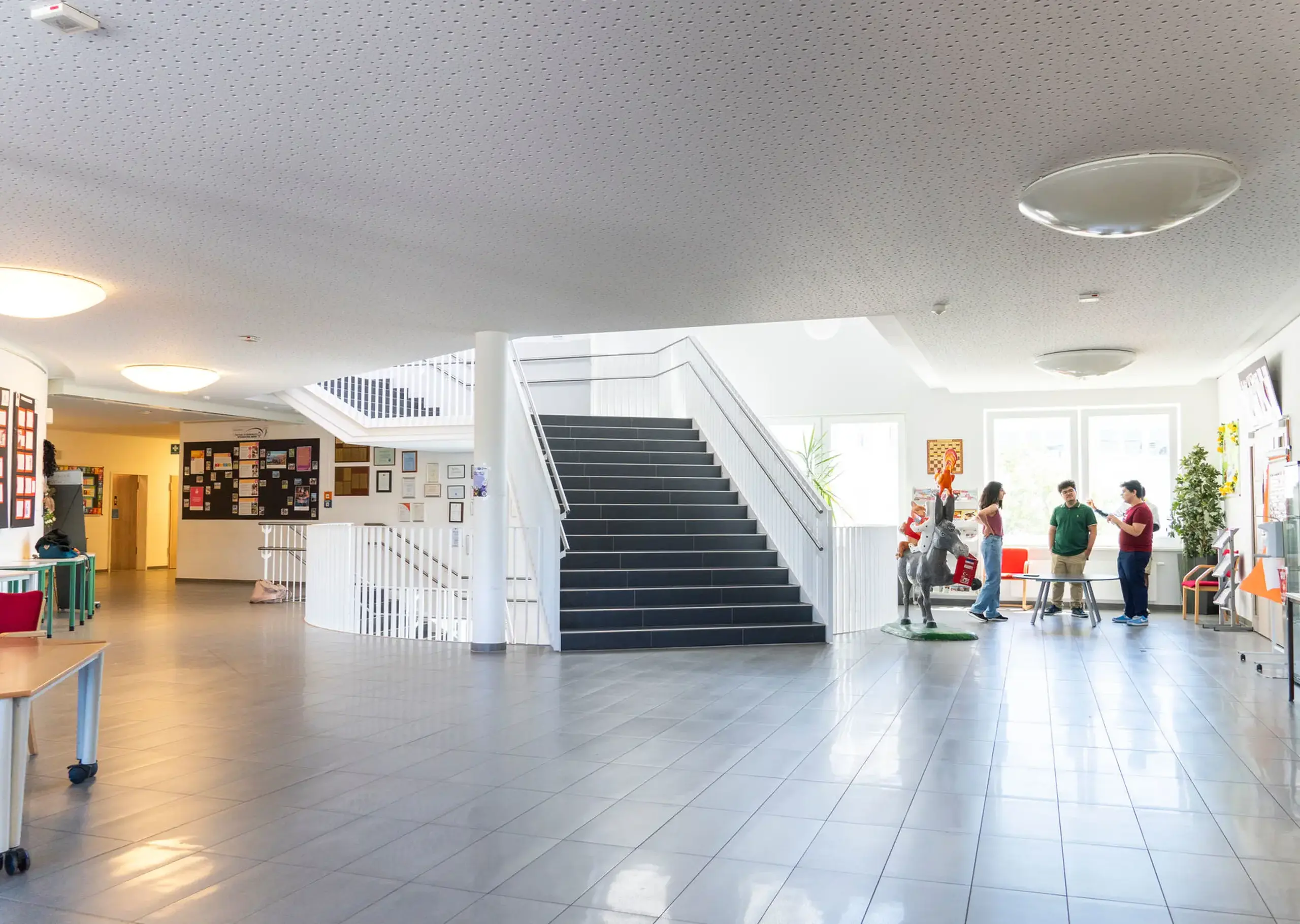INTERNATIONAL DUKE OF EDINBURGH'S AWARD (DOFE)
WHAT IS THE DUKE OF EDINBURGH'S AWARD?
It’s a fun adventure… but it is also a major challenge; it’s all about pushing personal boundaries (“There’s more in you than you think”!) while improving self-awareness and self-esteem. It’s about gaining new skills, learning time-management and problem-solving, teamwork and leadership and much, much more - qualities that enhance any CV or university application.
The Award is structured into three progressive levels (Bronze, Silver and Gold) according to the student’s age: Bronze for those aged 14+, Silver 15+ and Gold from the age of 16, and these three levels are further divided into sections. For the Bronze and Silver Awards, four sections must be completed over a set period of time - Service, Physical, Skills and Expedition. To achieve the Gold Award, an additional, fifth, activity, the residential section, must be undertaken in a location away from home.
THE DUKE OF EDINBURGH'S INTERNATIONAL AWARD AT ISB
We have been offering the Duke of Edinburgh’s International Award since 2007. Our qualified trainers guarantee that Award candidates receive the best training and guidance throughout their Award level, aiding them to become student mentors themselves, if they so wish, thus enabling them to develop their leadership qualities by assisting the team with our younger candidates.
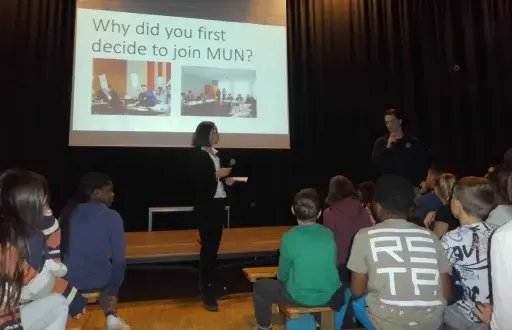
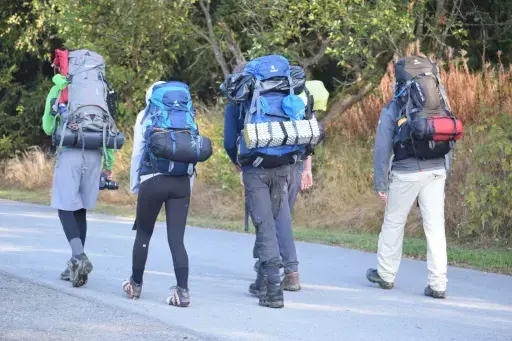
GLOBAL ISSUES NETWORK (GIN)
For Secondary School students, the ISB also offers participation in G.I.N. (Global Issues Network) that fosters awareness of world environmental, ethical and economic problems.
MODEL UNITED NATIONS (MUN)
Model UN or MUN, is an academic simulation of the United Nations that aims to educate participants about current events, topics on environmental, human rights international relations, diplomacy and the United Nations agenda.
The participants (students) role-play as diplomats representing a nation or NGO in a simulated session of a committee of the United Nations, such as the Security Council or the General Assembly. Participants research a country, take on roles as diplomats, investigate international issues, debate, deliberate, consult, and then develop solutions to world problems.
The ISB regularly joins up with other schools sending our "delegates" to locally or nationally held simulated conferences where students get together to hold a lively debate.
